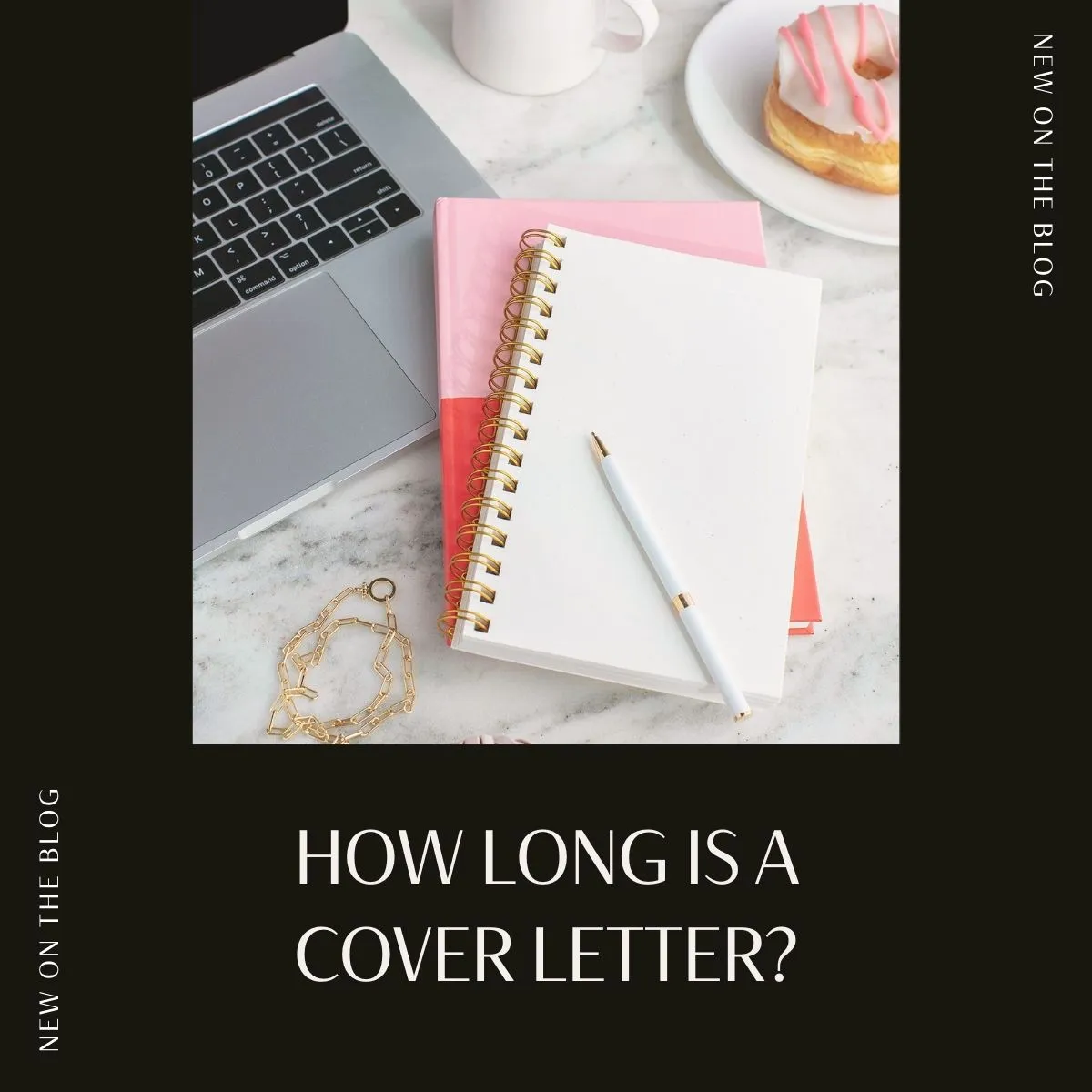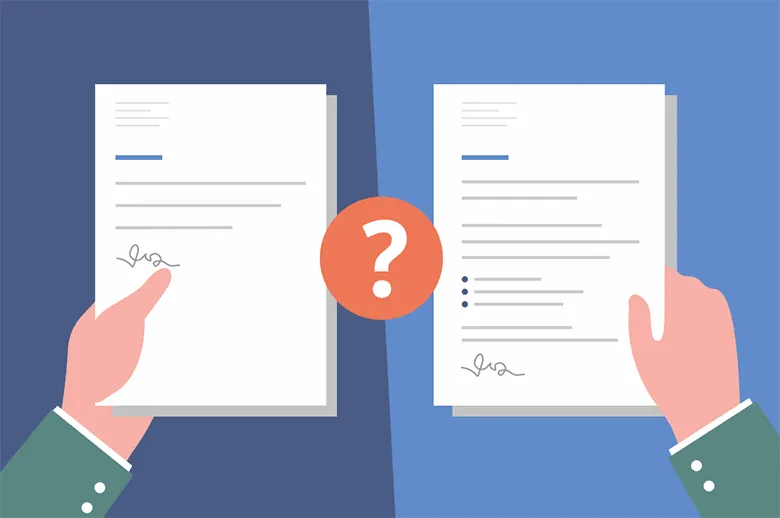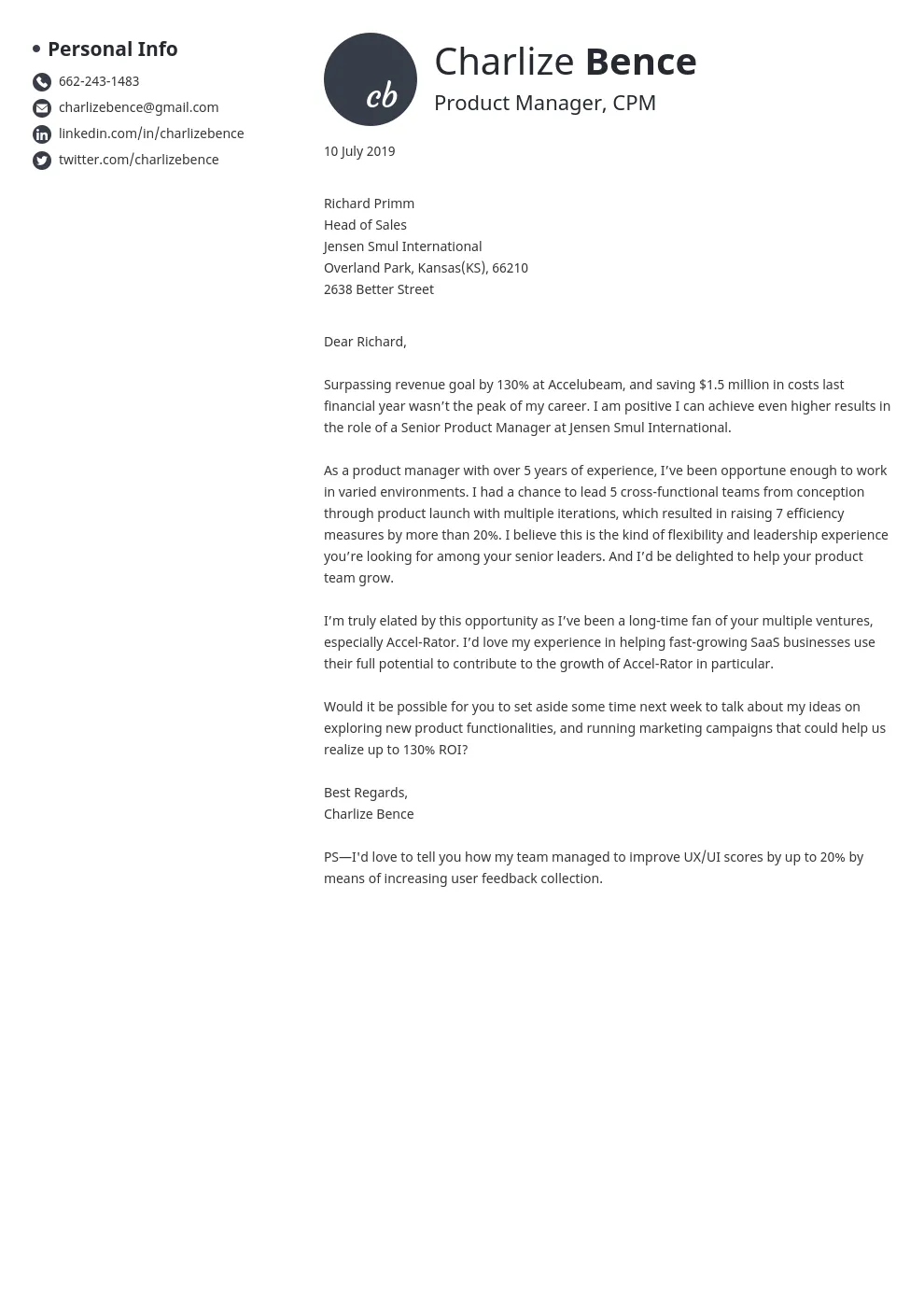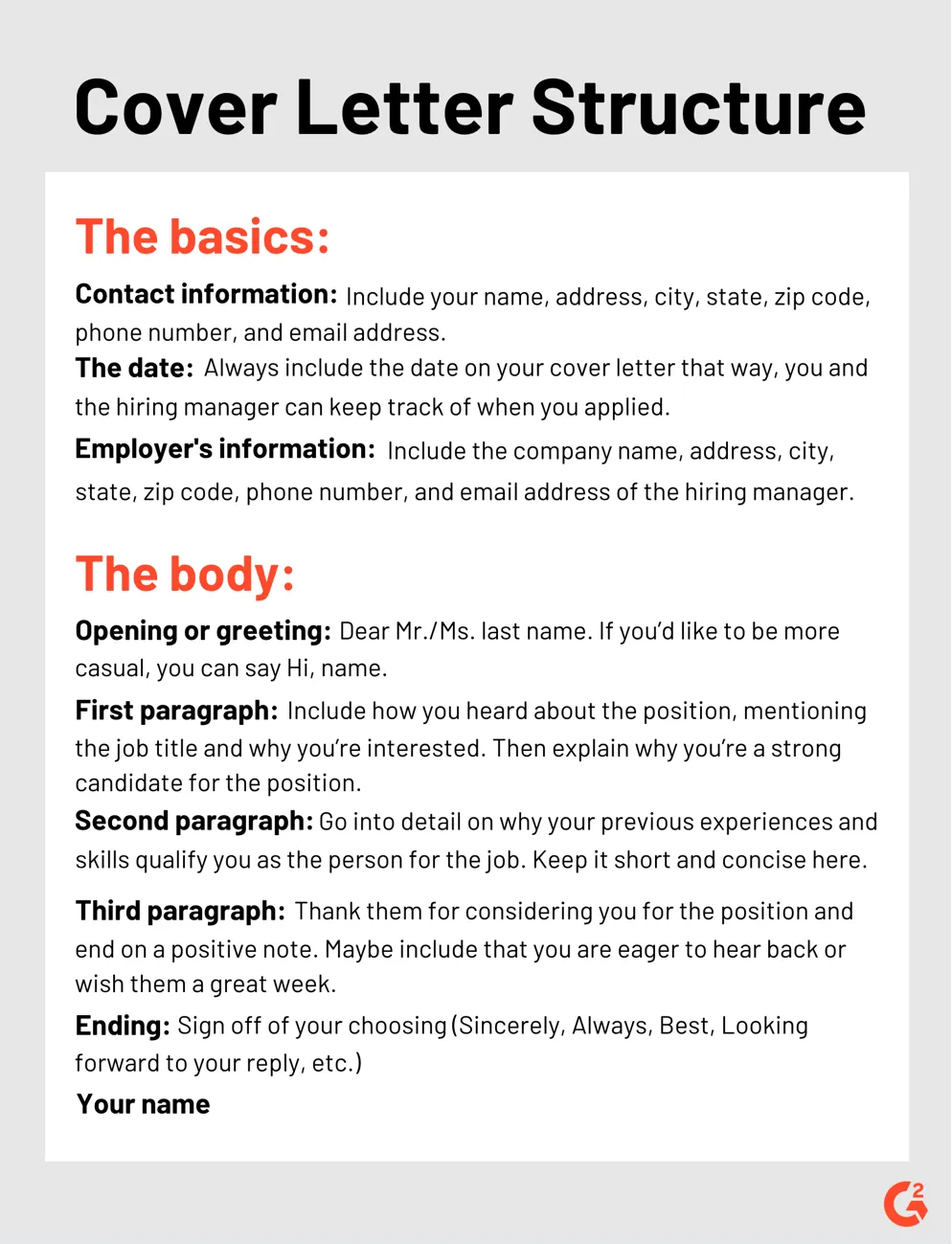Understanding Cover Letter Length
The length of a cover letter is more crucial than many applicants realize. It’s not just about filling space; it’s about presenting your qualifications concisely and effectively, demonstrating your understanding of professional communication, and respecting the hiring manager’s time. A cover letter that is too long can lose the reader’s interest, while one that is too short may fail to convey your value. The goal is to strike a balance, providing enough detail to make a compelling case for your candidacy without overwhelming the recipient. This balance contributes significantly to the overall impact of your application and your chances of getting noticed. It’s a key component of a successful job application strategy, helping you make a strong first impression and setting the stage for further consideration.
The Ideal Cover Letter Length
The widely accepted standard for cover letter length is one page. This recommendation stems from the need for conciseness in a job application process where hiring managers often review numerous applications. A single-page cover letter allows you to present your key qualifications, experiences, and enthusiasm in a clear and easily digestible format. This format respects the reader’s time, enabling them to quickly assess your fit for the role. The structure helps ensure that the most important aspects of your application are immediately apparent, increasing the likelihood that your application will be given full consideration. Sticking to this length demonstrates your ability to prioritize information and communicate effectively, valuable skills in any professional setting. This rule of thumb guides applicants in presenting a persuasive case in a format that is efficient and effective.
Why Length Matters in Cover Letters

The length of your cover letter directly impacts its effectiveness. A cover letter that is too long can be seen as a sign of poor judgment and inability to communicate concisely. Hiring managers often have limited time, and a lengthy letter can lead to them skimming or even discarding your application altogether. Conversely, a cover letter that is too short might fail to provide sufficient context or depth to your experiences and qualifications. This brevity could leave the hiring manager with insufficient information to understand your fit for the role. Striking the right balance is crucial, as it demonstrates your ability to communicate effectively and prioritize information. The length should be adequate to highlight your key accomplishments, explain your interest in the position, and express your enthusiasm without overwhelming the reader. This shows your ability to adapt to professional communication norms and ensures that you make the most of the limited space available.
Impact of a Cover Letter Length
The length of your cover letter significantly affects the impact it makes on a hiring manager. A well-crafted, concise cover letter can capture attention and create a positive first impression. A letter that is too long can lose the reader’s interest, and the key information may get lost in the details. The ideal length allows you to showcase your skills and experiences, explain why you are a good fit for the role, and express your enthusiasm. This balance can help increase the likelihood that your application is read thoroughly and your qualifications are seriously considered. A short, impactful cover letter demonstrates respect for the hiring manager’s time and a clear understanding of the job requirements. The impact also comes from how well the content is organized, presented in a clear and easy-to-read format, and tailored to the specific job.
Cover Letter Length: One Page Rule
Adhering to the one-page rule for your cover letter is a best practice for most job applications. Keeping your cover letter to a single page demonstrates your ability to be concise and focused in your communication. It respects the hiring manager’s time by presenting the most important information upfront. This rule also forces you to prioritize what you want to convey, ensuring that you highlight your most relevant skills, experiences, and accomplishments. A well-structured, one-page cover letter ensures that the reader can quickly grasp your qualifications and interest in the position. This format is easily scannable, allowing the hiring manager to quickly assess whether you are a suitable candidate. Exceptions can be made, but only when absolutely necessary and when the additional content is highly relevant and adds significant value to your application. Generally, the one-page rule is effective in helping you make a strong and memorable impression.
Cover Letter Length for Different Situations

The ideal cover letter length may vary slightly based on the specific situation. For example, if you are applying for a highly competitive position or one that requires extensive technical expertise, you might need to provide more detailed information to showcase your qualifications effectively. In such cases, it might be acceptable, though rare, to extend the letter beyond one page, but only if the additional content is essential to your application. For less competitive roles or those that focus more on general skills, sticking to the one-page format is generally best. It’s also important to consider the industry and company culture; some fields may have different expectations regarding letter length. Always tailor your cover letter to the specific job requirements and the hiring organization’s norms. The key is to balance providing enough detail to demonstrate your value while respecting the reader’s time. Proper formatting and concise language can help maximize the impact within the length guidelines.
Cover Letter Length for Recent Graduates
For recent graduates, the cover letter length should still aim for one page, though the content might be slightly different. With limited professional experience, the focus should be on academic achievements, relevant coursework, internships, projects, and any volunteer work or extracurricular activities that highlight transferable skills. Since the work history section will be less extensive, recent graduates should use the cover letter to provide context to their skills and experiences. The letter should explain how their education and any practical experience aligns with the job requirements. It’s important to emphasize soft skills, such as communication, teamwork, and problem-solving abilities, demonstrating how these have been developed and applied. Recent graduates must make their application compelling by highlighting their enthusiasm, adaptability, and eagerness to learn. The cover letter serves as a critical tool in bridging the gap between academic credentials and professional expectations.
Cover Letter Length for Experienced Professionals
Experienced professionals should also aim for a one-page cover letter. Even with extensive work history, the goal is to showcase the most relevant experiences and achievements. The cover letter should emphasize the skills and accomplishments that directly align with the job requirements. It’s vital to tailor the letter to the specific role, highlighting quantifiable results and demonstrating how you have delivered value in previous positions. Instead of listing every job, choose those that best illustrate your qualifications and ability to succeed in the new role. While a longer resume might be expected, a concise cover letter demonstrates your ability to prioritize and communicate effectively. Focus on summarizing key experiences, and use the cover letter to articulate how you can contribute to the employer’s goals. Experienced candidates should demonstrate how their experience translates into solutions for the hiring organization’s needs. They must show how they bring value to the table.
Cover Letter Length for Online Applications

When submitting cover letters for online applications, the same guidelines regarding length apply: aim for one page. However, the format may vary slightly depending on the application platform. Some online systems provide designated text boxes, while others may require uploading a document. Ensure that the formatting remains professional and easy to read, regardless of the method. The content should still be tailored to the job and demonstrate your qualifications. In online applications, the cover letter may often be the first thing the recruiter sees, so the first impression is crucial. Use clear, concise language, and highlight the most relevant information. Also, check the formatting on different devices, such as desktops, tablets, and mobile phones, to guarantee readability. Pay attention to character or word limits, and adjust your content if necessary to fit within the given constraints. The aim is to maintain the impact of your message while adhering to the system’s requirements.
Cover Letter Length Mistakes to Avoid
Avoid common mistakes that can negatively affect your cover letter’s length and impact. One of the most significant is writing a cover letter that is too long or too short. Being overly verbose can bore the reader, while failing to provide enough details might not make a compelling case. Another mistake is including irrelevant information or repeating details from your resume. The cover letter should provide additional context, not simply reiterate your resume. Failing to tailor your cover letter to the specific job is another error. Generic cover letters often fail to demonstrate genuine interest and can appear impersonal. Also, avoid using excessive jargon or overly formal language; these can make your letter difficult to read. Proofreading is essential to avoid typos and grammatical errors, which can undermine your credibility. Pay close attention to the structure of your letter, and make sure the key information is clear and easy to find.
